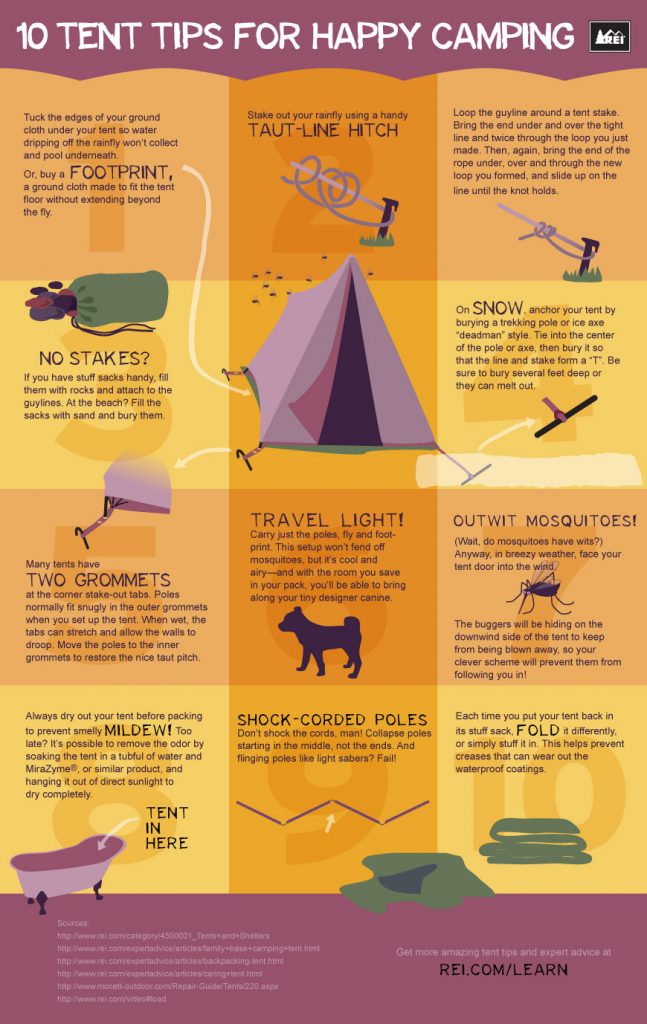Why Insulation Is The Secret To Four Season Camping
Just How Framework Product Affects Camping Tent ToughnessPicking the right frame material is important for event camping tents. Whether it's layered steel for spending plan outdoors tents or anodized light weight aluminum for durable applications, there are lots of factors to consider to remember.
Steel frameworks are common in lower-priced pop-up tents yet are prone to rust despite finishings and require normal maintenance. Light weight aluminum is lightweight, naturally stands up to rust, and holds up well in humid or seaside atmospheres.
Steel
When it concerns ensuring the durability of personalized camping tents, the material made use of in their structures plays a vital function. Steel and light weight aluminum alloys both use premium durability, yet each offers unique advantages that make it suitable for different types of environments. Steel is suitable for tough problems, while aluminum excels in withstanding rust and decreasing maintenance costs.
When event hosts choose the ideal tent for their demands, they need to think about aspects like expected climate condition. As an example, frame outdoors tents often carry out much better in windy or stormy conditions than pole outdoors tents since they don't rely upon a central pole to sustain the structure. However, the links between structure pieces can compromise in high anxiety circumstances. Determining these weaknesses and performing normal assessments can assist avoid potential damages.
Steel structures are hard to reduce, weld or form, which can need specialized tools and raise labor expenses. Additionally, they tend to corrosion or wear away quickly and may require added defense or layers. Furthermore, steel is extremely heavy and can cause concerns when moving a cover. It's also difficult to save for extended periods of time since it takes up more area than aluminum frameworks.
Aluminum
Aluminum is a prominent frame product for cover tents because it's light-weight, rust-resistant, and simple to move and set up. It additionally provides a much more secure sanctuary throughout gusty conditions than steel frameworks. Light weight aluminum is less vulnerable to tearing and any damages can be conveniently repaired, extending the life of the outdoor tents. It also breathes to decrease condensation and uses premium acoustic insulation to dampen outside noise.
The toughness of light weight aluminum frame camping tents is better enhanced by the natural oxidation residential properties of the steel. It develops a portable oxide layer that protects the surface from rust and discolorations. Thus, the long life of an aluminum appear tent can be enhanced also additionally when the structure is plated.
Anodized aluminum is stronger than steel and can hold up against high wind rates. On top of that, the coating resists corrosion and stains, extending the life expectancy of the outdoor tents. Moreover, anodized aluminum is recyclable and sustainable, making it optimal for companies seeking LEED certification. The combination of these residential or commercial properties makes aluminum a more cost-efficient alternative than steel for big, durable camping tents, such as those made use of to suit commercial tools and stockroom supply. Steel, on the other hand, is a lot more expensive because it requires expensive alloys such as nitrogen, molybdenum, and chromium to boost toughness.
Iron
Iron framework tents generally last up to 15 years if the right care and upkeep is used. This consists of consistently cleansing textile and checking metal components for corrosion and wear. By taking these actions, event hosts can make best use of the integrity of their structures and ensure their continued efficiency in difficult environments.
Steel is an excellent product for building resilient tents, specifically for use in harsh weather. It is a strong, tough, and budget friendly product that uses security and durability for a vast array of applications. Nevertheless, steel is prone to rusting in humid and coastal environments. The enhancement of protective finishings and normal maintenance can aid to alleviate this risk, yet these efforts boost overall upkeep costs.
On the other hand, aluminum is a much more long lasting option for a customized tent as a result of its all-natural oxidation homes. When anodized, aluminum ends up being super-strong and up to 3 times more challenging than conventional light weight aluminum alloys. This makes plated aluminum the second-hardest material beside ruby (satellites, aircraft, and armed sustainable bag forces vehicles all utilize anodized aluminum). Along with its toughness, anodized light weight aluminum is likewise more immune to corrosion than steel. These aspects make aluminum a superb option for turn up canopy outdoors tents and contribute to their capacity to carry longer guarantees (5, 7, and also lifetime framework service warranties). Additionally, aluminum is 1/3 the weight of steel permitting a much thinner frame style for even more customization choices and raised strength.
